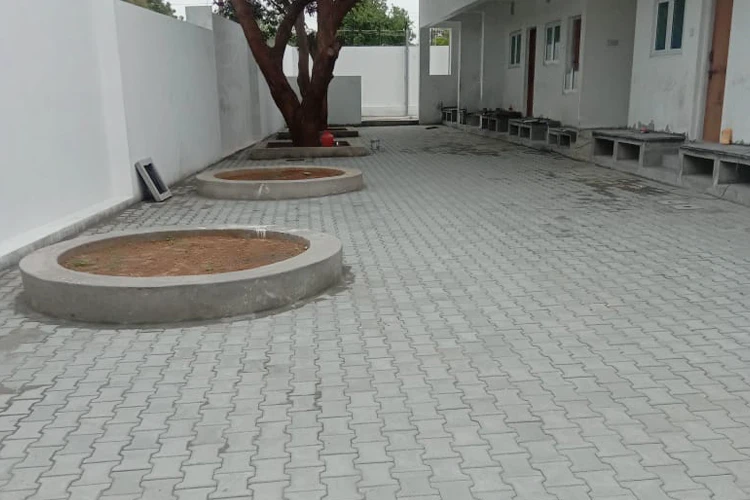cement paver block manufacturer in ahmedabad
Transforming Landscapes: Cement Paver Block Manufacturer in Ahmedabad
Ahmedabad, a city known for its architectural marvels and cultural heritage, is also home to renowned cement paver block manufacturers. Cement paver blocks have revolutionized the way outdoor spaces are designed, providing durability, versatility, and aesthetic appeal. In this article, we delve into the world of cement paver block manufacturing in Ahmedabad, exploring key aspects and insights that are shaping the industry.
Ahmedabad’s landscape is evolving, and cement paver blocks play a pivotal role in this transformation. These blocks offer a blend of functionality and aesthetics, making them a preferred choice for landscaping projects across the city. With a focus on quality and innovation, cement paver block manufacturers in Ahmedabad are setting new standards in the industry.
Innovative Designs and Materials:
Advanced Manufacturing Techniques
Exploring Sustainable Materials
Quality Assurance and Standards:
ISO Certification: Ensuring Quality
Adherence to ASTM Standards
Customization and Tailored Solutions:
Bespoke Designs for Every Project
Color Options and Texture Variations
Sustainable Practices:
Environmentally Friendly Manufacturing
Recycled Materials Usage
Case Studies:
Landscaping Success Stories
Public Spaces Revitalization Projects
Client Testimonials:
Satisfied Customers Speak
Project Testimonials
Expert Tips for Installation:
Preparation and Planning
Installation Techniques
Maintenance Guide:
Tips for Longevity
Cleaning and Sealing Recommendations
Cost Analysis:
Budget Considerations
ROI Analysis
Market Trends and Forecast:
Growing Demand in Residential Sector
Commercial Projects Adoption
Cement paver blocks are highly durable and known for their long-lasting performance. These blocks are made from a mixture of cement, aggregates, and additives, resulting in a sturdy and robust construction material.
One of the key factors contributing to the durability of cement paver blocks is their ability to withstand various weather conditions, including extreme heat, cold, rain, and frost. Unlike traditional concrete surfaces, cement paver blocks are less prone to cracking or crumbling, thanks to their interlocking design and strong composition.
Moreover, cement paver blocks are resistant to wear and tear caused by foot traffic, vehicular movement, and other external factors. Their solid structure ensures that they maintain their shape and integrity over time, making them ideal for high-traffic areas such as driveways, pathways, and parking lots.
In addition to their physical durability, cement paver blocks require minimal maintenance to keep them looking their best. Routine cleaning and occasional sealing can help prolong their lifespan and preserve their appearance for years to come.
Overall, cement paver blocks are a reliable and resilient choice for landscaping and paving projects, offering durability, strength, and aesthetic appeal.
The typical lifespan of cement paver blocks can vary depending on various factors such as quality of materials, installation techniques, environmental conditions, and level of maintenance. However, on average, well-installed and properly maintained cement paver blocks can last anywhere from 20 to 30 years or even longer.
Proper installation is crucial for maximizing the lifespan of cement paver blocks. Ensuring a solid base, adequate compaction, and proper jointing techniques can help prevent settling, shifting, and cracking over time. Additionally, using high-quality materials and adhering to industry standards during manufacturing and installation can contribute to the longevity of the paver blocks.
Environmental factors also play a significant role in determining the lifespan of cement paver blocks. Exposure to harsh weather conditions such as extreme heat, freezing temperatures, heavy rainfall, and UV radiation can affect the durability of the blocks. Regular maintenance, including cleaning, sealing, and repairing any damages, can help mitigate the impact of environmental factors and prolong the lifespan of the paver blocks.
Overall, with proper installation, maintenance, and care, cement paver blocks can provide a durable and long-lasting paving solution for various outdoor applications.
Yes, cement paver blocks are suitable for driveways and are commonly used in residential, commercial, and institutional settings.
One of the key advantages of using cement paver blocks for driveways is their durability. They are strong enough to withstand the weight of vehicles, including cars, SUVs, and trucks, without cracking or breaking. Additionally, their interlocking design provides stability and prevents shifting, ensuring a smooth and safe surface for driving and parking.
Cement paver blocks also offer versatility in design and customization, allowing homeowners and designers to create unique and aesthetically pleasing driveways. They are available in a variety of colors, shapes, and textures, allowing for endless design possibilities to complement the overall look of the property.
Furthermore, cement paver blocks are relatively easy to install and maintain. If individual blocks become damaged or stained, they can be easily replaced without having to redo the entire driveway. Routine cleaning and occasional sealing can help preserve the appearance and integrity of the driveway, ensuring its longevity.
Overall, cement paver blocks are an excellent choice for driveways due to their durability, versatility, and ease of maintenance, providing a practical and visually appealing solution for vehicular access and parking.
Yes, cement paver blocks are designed to withstand heavy traffic, including both vehicular and pedestrian traffic.
These blocks are constructed using a mixture of cement, aggregates, and additives, resulting in a strong and durable material that can withstand the weight and pressure exerted by vehicles and foot traffic. Additionally, the interlocking design of cement paver blocks provides added stability and prevents shifting or settling, even under heavy loads.
Cement paver blocks are commonly used in high-traffic areas such as driveways, parking lots, walkways, and commercial spaces due to their ability to withstand constant use without compromising their structural integrity.
However, it’s important to ensure proper installation and maintenance to maximize the durability of cement paver blocks in heavy-traffic areas. Adequate base preparation, proper jointing techniques, and regular cleaning and maintenance can help prolong the lifespan of the blocks and ensure their continued performance under heavy traffic conditions.
Yes, cement paver blocks do require regular maintenance to ensure their longevity and aesthetic appeal. While they are durable and resilient, proper care and upkeep are essential to keep them in optimal condition over time.
Regular maintenance tasks for cement paver blocks include:
Cleaning: Regularly clean the surface of the paver blocks to remove dirt, debris, stains, and vegetation. Use a mild detergent or specialized paver cleaner along with a stiff brush or pressure washer to effectively clean the surface.
Weed Control: Inspect the joints between paver blocks regularly and remove any weeds or vegetation that may grow in the gaps. This prevents weeds from taking root and damaging the integrity of the installation.
Sealing: Consider applying a sealer to the surface of the paver blocks every few years to protect them from stains, moisture penetration, and UV damage. Sealing also enhances the color and appearance of the blocks while extending their lifespan.
Repairing: Inspect the paver blocks periodically for any signs of damage, such as cracks, chips, or shifting. Promptly repair any damaged or loose blocks to prevent further deterioration and maintain the structural integrity of the pavement.
Re-sanding: If the joint sand between the paver blocks becomes dislodged or washed away, re-sand the joints to ensure proper interlocking and stability. Polymeric sand can be used to fill the joints and prevent weed growth while providing additional stability.
By following a regular maintenance routine, homeowners and property managers can ensure that their cement paver blocks remain in excellent condition and continue to enhance the beauty and functionality of their outdoor spaces for years to come.
Yes, cement paver blocks can be considered eco-friendly when compared to traditional concrete or asphalt paving materials. There are several factors that contribute to the eco-friendliness of cement paver blocks:
Recycled Materials Usage: Many cement paver block manufacturers incorporate recycled materials such as fly ash, slag, or recycled aggregates into their manufacturing process. By using recycled materials, the demand for raw materials is reduced, and waste materials are diverted from landfills, contributing to resource conservation and waste reduction.
Permeable Design: Some cement paver blocks are designed with permeable characteristics, allowing rainwater to infiltrate through the surface and into the ground below. This helps to reduce stormwater runoff, alleviate flooding, and replenish groundwater supplies, thereby mitigating the impacts of urbanization on the environment.
Durability and Longevity: Cement paver blocks are durable and long-lasting, with a typical lifespan of 20 to 30 years or more when properly installed and maintained. Their longevity reduces the need for frequent replacements, which in turn reduces the consumption of resources and energy associated with manufacturing and transportation.
Reduced Heat Island Effect: Compared to impervious surfaces like asphalt or concrete, cement paver blocks have a lighter color and higher albedo, which reflects more sunlight and reduces the urban heat island effect. This can help to mitigate heat buildup in urban areas and reduce energy consumption for cooling purposes.
Recyclability: At the end of their lifespan, cement paver blocks can be recycled and reused in other construction projects, further reducing the environmental impact of their disposal.
Overall, while cement paver blocks may not be entirely free of environmental impact, their use can contribute to sustainable and eco-friendly landscaping practices when compared to alternative paving materials


